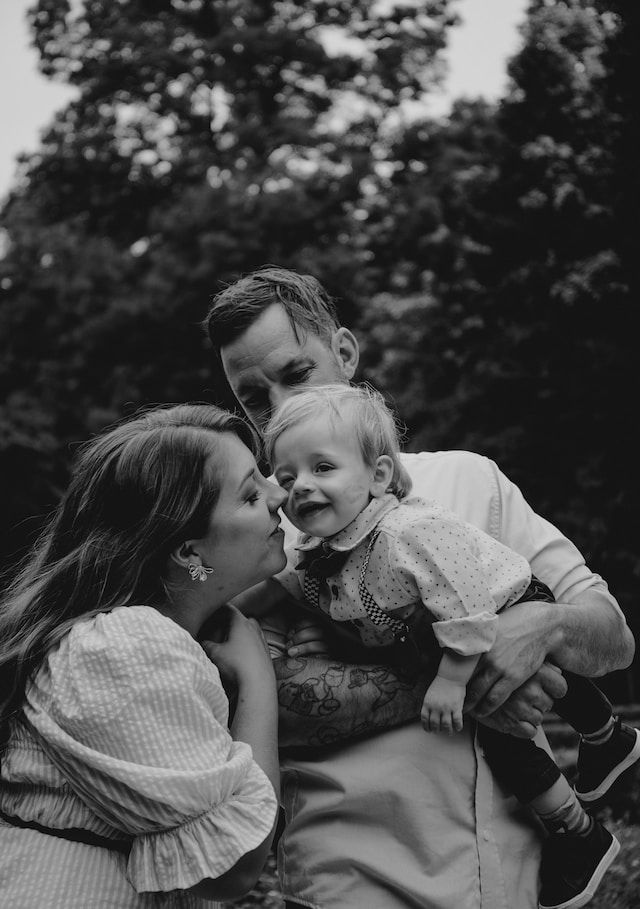The 3 Parenting Styles of What Not to Do
 Some parents may never really even be together, regardless of the circumstances they find themselves sharing a child. Kids are innocent, they never ask to be born. You decide to bring them into this world and they deserve to have the best possible start in life. This means having a happy, healthy, and stable relationship with both of their parents. It is vital that you find an arrangement that works for the kids. Read on to learn more.
Some parents may never really even be together, regardless of the circumstances they find themselves sharing a child. Kids are innocent, they never ask to be born. You decide to bring them into this world and they deserve to have the best possible start in life. This means having a happy, healthy, and stable relationship with both of their parents. It is vital that you find an arrangement that works for the kids. Read on to learn more.
Conflicted Co-Parenting
As the name would suggest, in this co-parenting style, the parents tend to have issues communicating and often find themselves at odds or in conflict. This is perhaps the most common for those couples who have found themselves pregnant accidentally or without being in a committed relationship. In situations such as this, it is often worth considering DNA testing before the baby is born to put to rest any questions that either party could have. They might have trouble developing a schedule or agreeing on a parenting approach, rules, and developing their child's routine. This can be really tough on the kids because they feel like they're in the middle of it. The constant conflict can increase the likelihood of behavioral issues and mental health problems like anxiety and depression.
 Parallel Co-Parenting
Parallel Co-Parenting
Parallel co-parenting is when either parent really does their own thing. They don't often communicate with each other unless they have to for whatever reason. Each household operates independently of one another. The rules and routines may or may not be consistent, as any similarities or differences are often unintentional. This can create a lack of consistency in your child's life which then affects their behavior and mental health; although, if both households are happy and healthy, then your child might still benefit from this co-parenting style.
Cooperative Co-Parenting
Cooperative co-parenting is arguably what you should be striving for. In this style, both parents are able to come together to make decisions and care for the child. They are in regular, healthy communication with one another to share information important to the child's upbringing. This style arguably provides your child with the most stable environment to grow up in. This co-parenting style is the best for the children helping to improve their self-esteem, and mental health, and it has even been linked to higher academic performance.
 What Not to Do
What Not to Do
As co-parents, there are a few mistakes and common pitfalls that you'll want to avoid. Firstly, do not disrupt (unless you cannot help it) your child's routine; regardless of the co-parenting approach, they should know where they are going to be and when, especially if nothing else, is consistent. Do not undermine, argue or criticize your co-parent in front of the child. You should always strive to demonstrate a united front. Lastly, some kids feel guilty when they express love for the other parent or their parent's new partners, but this is normal and natural. Do not make your child feel guilty for having a good relationship with their other caregivers.
In Summary
Really, what it comes down to is: what is best for the kids. Ideally, you should strive for cooperative co-parenting, but on occasions where this isn't possible, parallel co-parenting is a better option than conflicted co-parenting. Stability is the most important thing, and parents who are in constant conflict are not in the best position to provide this.
 BIO:
BIO:
Luca is a digital marketer, who is passionate about writing informative content. Anything from lifestyle tips to business improvement! He wants to help websites with their content, but also the reader gather helpful knowledge.






